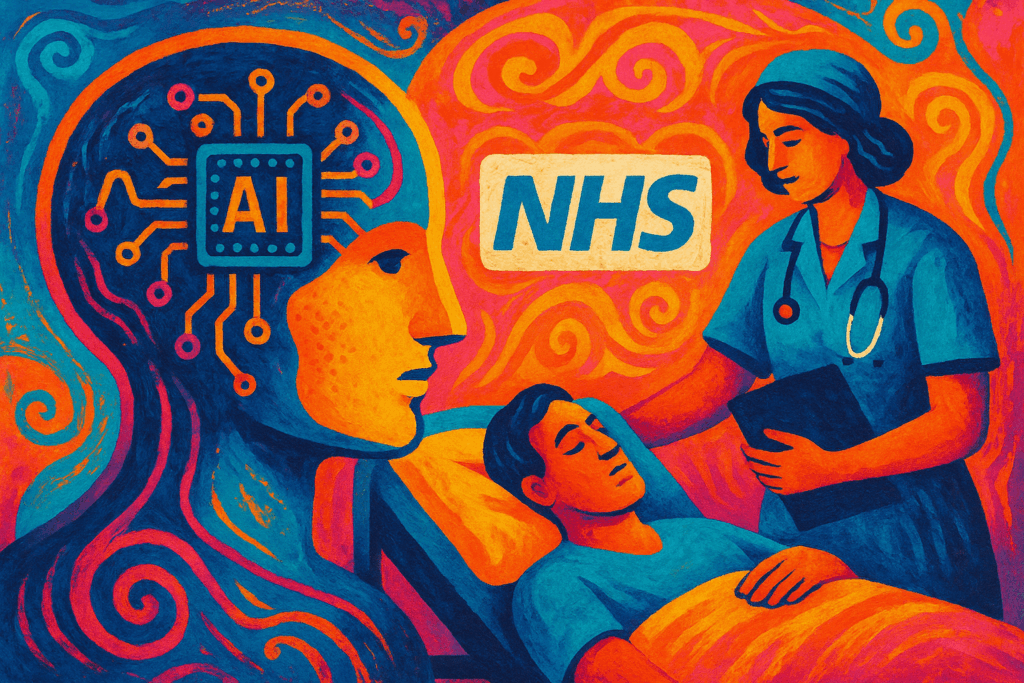AI’s Transformative Impact and the Call for Regulation
Artificial intelligence represents a significant shift in healthcare, comparable to the introduction of antibiotics or X-rays. Its potential to revolutionize diagnosis, treatment, and patient management is vast. However, along with this potential comes the immediate need for comprehensive regulatory frameworks to oversee AI technologies in medicine. This ensures that innovation proceeds alongside safeguarded patient welfare.
The Core Principles for Responsible AI in Healthcare
Prioritizing Patient Safety
Regulation must place patient and public safety at the forefront. While absolute safety is unattainable, a balanced approach accepts proportionate risks based on evidence and clinical context. This careful calibration supports advancing technologies without compromising the well-being of individuals who depend on them.
Fostering Rapid Innovation
Timely access to AI healthcare tools is essential. Regulatory processes should minimize delays and reduce unnecessary barriers to allow beneficial technologies to reach clinical environments quickly. This approach encourages participation from smaller companies and startups, preventing bottlenecks that might otherwise slow progress or restrict innovation.
Cultivating Trust
Building confidence among patients and healthcare professionals is vital for AI adoption. Transparent regulatory procedures and strong safety assurances contribute to this trust. Regulatory systems must also be adaptable, reflecting AI’s evolving nature and maintaining confidence that patient interests remain protected even as technologies change.
Shaping Healthcare’s AI-Powered Future
The principles of safety, speed, and trust form the foundation for responsible AI regulation in healthcare. They provide a framework that manages the risks while unlocking the opportunities AI presents. Moving forward, stakeholders across the healthcare ecosystem must collaborate to ensure these standards guide the integration of AI in clinical practice worldwide, leading to improved outcomes and ethical deployment.




